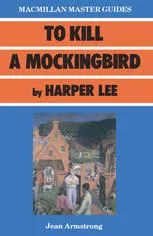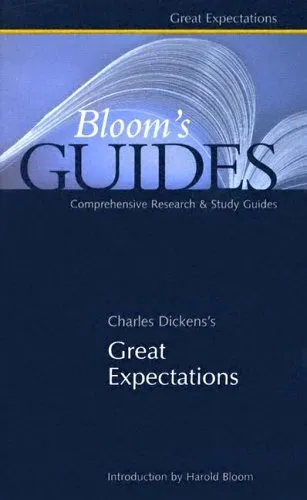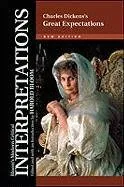To Kill a Mockingbird by Harper Lee
3.8
Reviews from our users

You Can Ask your questions from this book's AI after Login
Each download or ask from book AI costs 2 points. To earn more free points, please visit the Points Guide Page and complete some valuable actions.Related Refrences:
Introduction to 'To Kill a Mockingbird'
Harper Lee's To Kill a Mockingbird is a timeless and transformative work in American literature that delves deep into the roots of human behavior and morality. Set in the racially charged atmosphere of the American South during the 1930s, this novel remains a profound study of prejudice, justice, and innocence.
Detailed Summary of the Book
Narrated by young Scout Finch, the daughter of the principled and kind lawyer Atticus Finch, the story unfolds in the small town of Maycomb, Alabama. Atticus is tasked with defending Tom Robinson, a Black man falsely accused of raping a white woman, Mayella Ewell. Despite the mounting evidence of Tom's innocence, the jury's verdict reflects the ingrained racial prejudices of the time.
The novel explores Scout and her brother Jem's journey from innocence to a mature understanding of the complex world around them. Their childhood is filled with adventures and the mysterious allure of their reclusive neighbor, Boo Radley, who ultimately becomes an unexpected ally and a symbol of goodness amidst the darkness of bigotry.
Key Takeaways
- Empathy and Understanding: Atticus Finch teaches his children to practice empathy, famously advising Scout to "climb into someone's skin and walk around in it".
- Courage and Morality: The book highlights the significance of moral courage, as seen in Atticus's unwavering commitment to justice despite societal backlash.
- Innocence and Growth: Scout and Jem's character development encapsulates the transition from innocence to a more nuanced understanding of humanity.
- The Flaws of the Justice System: The trial of Tom Robinson exposes the systemic racism that corrupts the fairness of legal proceedings.
Famous Quotes from the Book
“You never really understand a person until you consider things from his point of view... Until you climb inside of his skin and walk around in it.”
“The one thing that doesn't abide by majority rule is a person's conscience.”
“Mockingbirds don’t do one thing but make music for us to enjoy. They don’t eat up people’s gardens, don’t nest in corncribs, they don’t do one thing but sing their hearts out for us. That’s why it’s a sin to kill a mockingbird.”
Why This Book Matters
Harper Lee's To Kill a Mockingbird is much more than a classic piece of literature; it's a crucial exploration of the human condition faced with prejudice and moral quandaries. The novel has played an integral role in American culture, providing not only a gripping narrative but also a critical lens through which to view issues of race, justice, and ethics.
It continues to resonate with readers of all ages, offering insights that remain strikingly relevant today. By addressing racial injustice and moral complexity, the book encourages readers to reflect on their own beliefs and actions. Its enduring popularity speaks to its profound impact and the universal truths it uncovers.
Free Direct Download
You Can Download this book after Login
Accessing books through legal platforms and public libraries not only supports the rights of authors and publishers but also contributes to the sustainability of reading culture. Before downloading, please take a moment to consider these options.
Find this book on other platforms:
WorldCat helps you find books in libraries worldwide.
See ratings, reviews, and discussions on Goodreads.
Find and buy rare or used books on AbeBooks.
1512
بازدید3.8
امتیاز50
نظر98%
رضایتReviews:
3.8
Based on 0 users review
"کیفیت چاپ عالی بود، خیلی راضیام"






